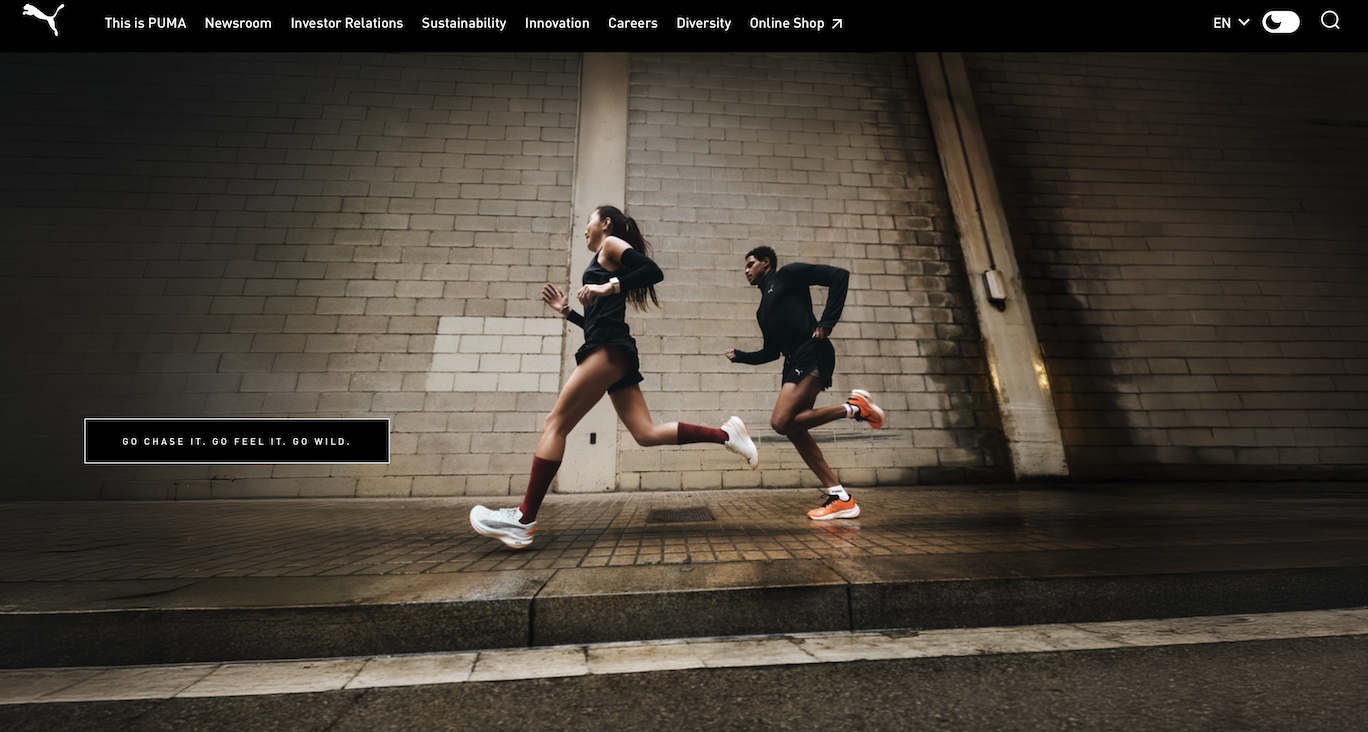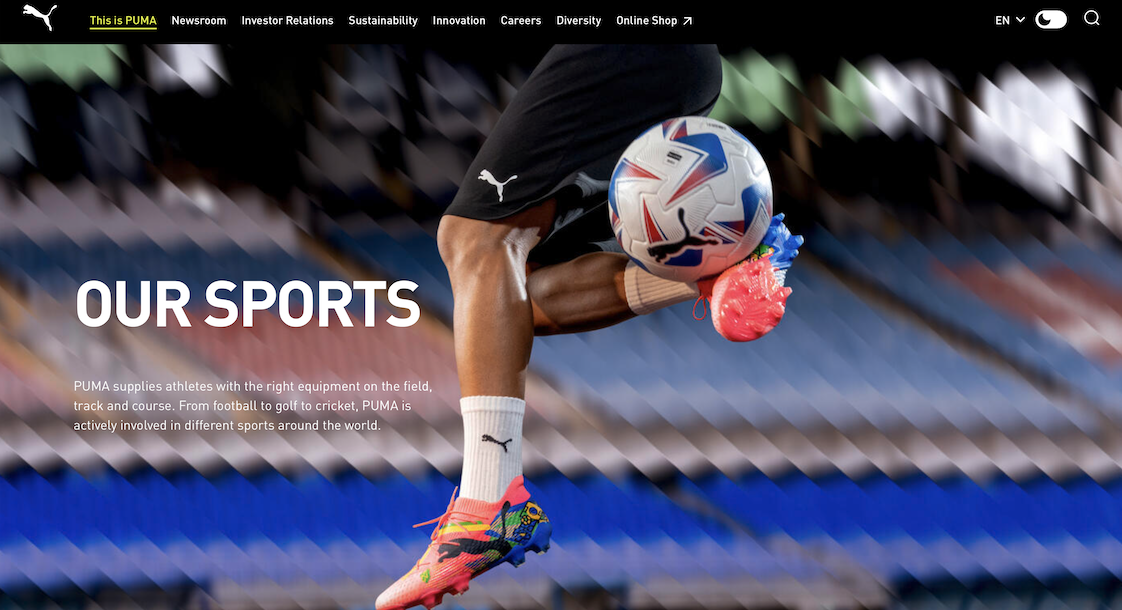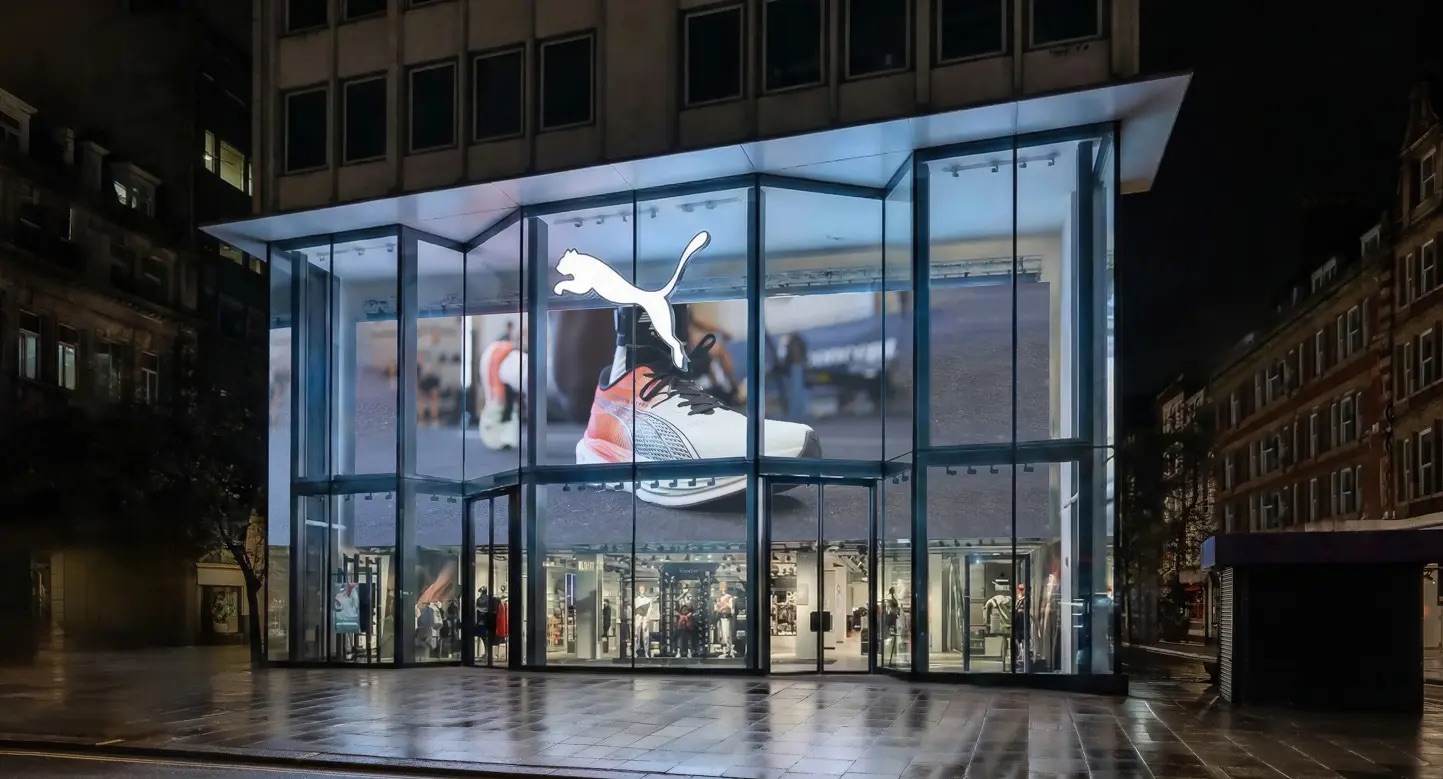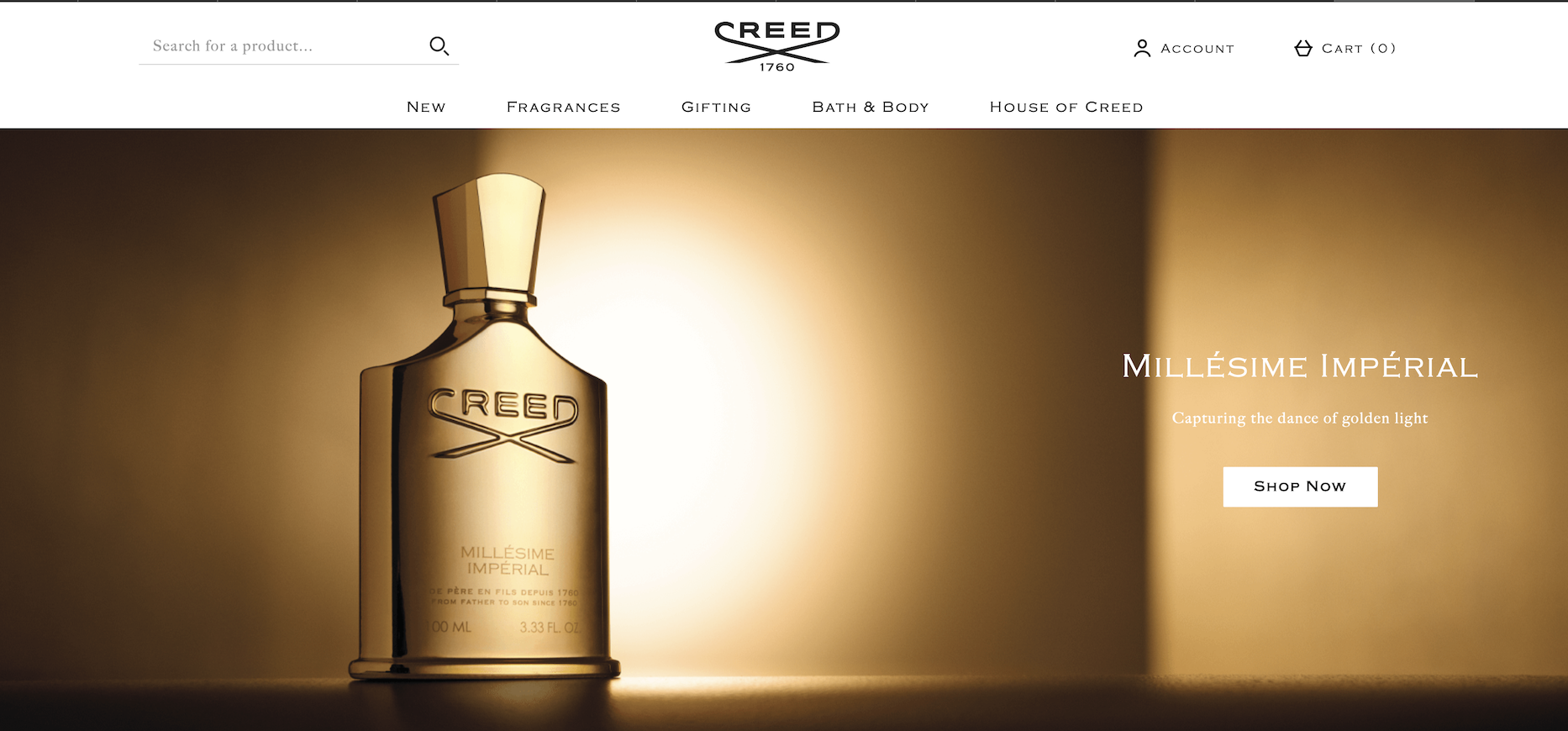Bloomberg, citing sources familiar with the matter, reported that the Pinault family, the principal shareholder of French luxury conglomerate Kering, is currently exploring strategic options for Puma SE, the German sportswear giant, including a potential sale.
The Pinault family has reportedly engaged advisors and is in discussions with potential buyers to assess interest. Interested parties include China’s Anta Sports Products Limited and Li-Ning Company Limited, as well as U.S. sportswear companies and Middle Eastern sovereign wealth funds.
Following the news, Puma’s share price surged 15.95% to €21.73 per share by the close of trading on August 25, bringing its latest market capitalization to €3.197 billion. Despite this increase, the company’s stock has declined 42.4% over the past 12 months.

Puma and Artémis, the Pinault family’s holding company, both declined to comment on the report.
Anta responded by stating, “We do not comment on market rumors.” Li-Ning reiterated its commitment to a “single-brand, multi-category, multi-channel” core development strategy and said it remains focused on the growth and development of the Li-Ning brand. It added that, as of now, the company has not engaged in any substantive negotiations or assessments regarding the rumored transaction. Any significant developments should be based on the company’s official announcements.
Sources noted that discussions are ongoing and that there is no guarantee a deal will be finalized.
The Pinault family currently holds a 29% stake in Frankfurt-listed Puma through its holding company, Groupe Artémis. The same sources added that any sale is expected to command a substantial premium.
Puma is currently undergoing a strategic transformation under CEO Arthur Hoeld, aimed at revitalizing consumer interest in its products. As part of the restructuring, Puma recently appointed Andreas Hubert as Chief Operating Officer. Hubert previously spent 20 years at German sportswear giant adidas, most recently serving as Chief Information Officer.
For the first half of fiscal year 2025, ending June 30, Puma reported a 4.8% year-on-year decline in revenue to €4.018 billion. The impact of unfavorable exchange rates amounted to €163 million; on a constant currency basis, revenue was down 1%. In the Asia-Pacific market, revenue fell 3.8% year-on-year to €820 million on a constant currency basis.
Due to declining gross margins and rising operating expenses, adjusted EBIT (excluding one-off costs) dropped 77.4% year-on-year to €62.5 million. The company posted a net loss of €247 million, compared to a net profit of €129 million during the same period last year.
Looking ahead to full-year 2025, Puma lowered its forecast, citing weakening brand momentum, structural and qualitative shifts in distribution channels, the impact of U.S. tariffs, and elevated inventory levels. The company now expects a low double-digit year-on-year revenue decline on a constant currency basis and projects an EBIT loss, compared to its previous forecast of €445–525 million in profit.

Puma’s roots trace back to 1924, when Rudolf Dassler and his brother Adolf “Adi” Dassler founded the Gebrüder Dassler Schuhfabrik in Germany. The brothers split in 1948 to form the country’s two sportswear giants: Puma and adidas.
Puma became a publicly listed company in 1986. Three years later, in 1989, Rudolf Dassler’s sons, Armin and Gerd Dassler, sold 72% of the company to Swiss firm Cosa Liebermann SA.
Kering (then known as PPR Group) acquired a 27% stake in Puma in 2007 for €5.3 billion, later increasing its ownership to 86.3% by 2018.
In 2018, Kering spun off 70% of its Puma shares to its shareholders in order to refocus on the luxury sector. Kering’s holding in Puma subsequently fell to 15.8%, but Artémis retained a 29% stake, keeping the Pinault family at the center of Puma’s shareholder structure.
In September 2019, Kering issued €550 million in bonds convertible into existing Puma shares, reducing its holding to 10%.
In 2021, Kering sold approximately 890,000 Puma shares, representing around 5.9% of Puma’s share capital. Following the transaction, Kering retained a 4.0% stake in the company.
In June 2020, Artémis issued bonds in Germany that could be converted into existing Puma shares, reducing its stake to 25%. However, the Pinault family remained Puma’s primary shareholder. The bonds were originally set to mature earlier this year, but due to poor stock performance, Artémis was forced to repay investors in cash rather than in company shares.
|Source: Bloomberg, official financial reports, Luxe.CO archives
|Image Credit: Company website
|Editor: LeZhi



